The future of transportation in wisconsin

EVENT CANCELED!
Thank you for your interest in learning more about our 2023 Transportation Conference. We are sorry to inform you that the March 15 conference has been CANCELED at this time.
If you had already registered, you will receive an email for reimbursement.
Join us for the Future of Transportation in Wisconsin Conference where speakers from government, industry, and academia will come together to discuss the future of transportation in Wisconsin.
WEDNESDAY MARCH 15, 2023
9 AM-5 PM (CST)
UW-PARKSIDE STUDENT CENTER BALLROOM
IN-PERSON | $50 PER PERSON
Hosted by UW-Parkside in partnership with WISCONSIN ACES (Automated Connected Electric Shared Mobility)
"The solution to transportation inefficiencies lies at the intersection of collaborative consumption and the social graph: Shifting transportation from ownership to access."
- John Zimmer, Co-founder and President of Lyft
8:30 AM
REGISTRATION AND CHECK IN
Light continental breakfast will be served.
9:00 AM
WELCOME
Debbie Ford
Chancellor, University of Wisconsin-Parkside
Peggy James
Interim Director, UW-Parkside Center for Research in Innovation and Smart Cities
9:15 AM
THE FUTURE OF TRANSPORTATION IN WISCONSIN
WisDOT envisions an integrated multimodal transportation system that maximizes the safe and efficient movement of people and products throughout the state in a way that enhances economic productivity, transportation accessibility, and the quality of Wisconsin's communities while minimizing impacts to the natural environment and socioeconomic, historic, and cultural resources.
9:50 AM
ALL TRANSPORTATION IS LOCAL | CITY AND COUNTY PERSPECTIVES FROM SOUTHEAST WISCONSIN
Local transportation is more than moving people and things from one place to another. Public transportation reflects the values of a community as it seeks to improve economic development, public safety, community well-being, commerce, and education. County and City leaders will discuss the challenges and opportunities for local transportation in southeastern Wisconsin.
| John Antaramian Mayor, City of Kenosha |
Cory Mason Mayor, City of Racine |
| Jonathan Delagrave County Executive, Racine |
Samantha Kerkman County Executive, Kenosha |
| Debbie Ford | Moderator Chancellor UW-Parkside |
10:30 AM
COFFEE BREAK
10:45 AM
SCALING VEHICLE TO GRID: THE ECONOMICS AND POLITICS OF INFRASTRUCTURE DEVELOPMENT
Our conversation will address projections for EV's the benefits provided in the 2021 Infrastructure and 2022 Inflation Reduction Acts, the DOT grant program for EV Charging Stations, and the opportunities/challenges created by the Public Utility Law in Wisconsin for adequate charging infrastructure.
|
Francisco Sayu |
Kaleb Vander Wiele |
|
Tryel Zich |
John Ward GIS Factory Director, UW-Parkside |
| Arthur Harrington | Moderator Godfrey & Kahn, S.C. |
11:30 AM
LUNCH & KEYNOTE
Secretary Craig Thompson
Wisconsin Department of Transportation
12:30 PM
BREAK
12:45 PM
THE NEAR AND FAR TERM FUTURE
Near term | Connected and autonomous vehicle possibilities will be explored in a near term perspective (last-mile package deliveries, which have a conducive drive cycle, telecom/utility trucks where electric is the standard and continuous operation vehicles; municipal uses – where there’s a requirement for noise reduction and lower emissions; rental companies)
Long term | The emergence of a transportation network composed of Connected Vehicles/Autonomous Vehicles.
WI Automated Vehicle External (WAVE) Committee
|
David Noyce |
Brad Basten |
|
Yang Tao |
Xiaopeng Li | Moderator |
1:30 PM
EQUITABLE TRANSPORTATION ECOSYSTEM
Mobility as a Service (MaaS) requires that public transportation adapt to the needs of a diverse community, most importantly in equity and inclusivity of access and affordability. Traditionally, fixed route services required individuals to adapt to the transportation system or be structurally isolated from employment, education, and medical services. Multiple environmental domains affect the ability PWDs, low income, and other vulnerable groups, are impacted by multiple environmental domains, such as safety, access, and other social conditions. Actionable approaches to address these challenges will be discussed in this panel.
| Ian Ritz Department of Transportation |
Kenny French Associate Professor of Geography, UW Parkside |
|
Dr. Peggy James | Moderator |
2:15 PM
WORKFORCE IMPACT OF TRANSPORTATION TECHNOLOGIES
The workforce impact of the 3 Revolutions in transportation will require forecasting that recognizes the job displacements as well as the job opportunities. Categorized as short and direct v long and distributed, we can get a comprehensive view of the workforce challenges
| Ray Mandli Chair of Wisconsin ACES and CEO Mandli Communication |
Scott Manley Executive Vice President, Government Relations, Wisconsin Manufacturers & Commerce |
| Cole Scandaglia Senior Legislative Representative and Policy Advisor, International Brotherhood of Teamsters |
Jenny Trick | Moderator |
3:00 PM
CLOSING THE GAPS: BUILDING THE BASIS FOR A WHITE PAPER
In this session, we will begin the preparation of a white paper representing the challenges presented at the conference, potential solutions, and possible policy approaches to implement these solutions. Using the graphic notes from the day, we will create a framework for the paper. Those interested in continuing the work after the day will be invited to participate in the completion of the white paper.
4:00 PM
CLOSING REMARKS AND NETWORKING
Cash bar and light snacks.
PARTICIPANTS AND BIOS
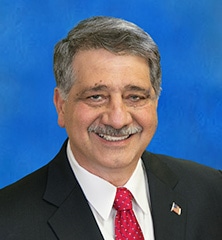
John Antaramian
Mayor, City of Kenosha
John Antaramian is currently serving his sixth term as Mayor of the City of Kenosha. He was most recently sworn into office on April 19, 2016, but previously served as Mayor of Kenosha for four terms from 1992 to 2008 – the longest service of any Kenosha mayor.
Highlights of his tenure include the redevelopment of major brownfield sites, reduced crime, and the development of three museums and two industrial parks. He also updated the City’s budget and financial process. Antaramian’s focus throughout his career has been to maintain a high quality of life in Kenosha that would benefit all citizens. He recognizes the value of creating opportunities to engage young people in their community.
Before he was first elected mayor, Antaramian was the state representative for Kenosha’s 65th Assembly district for 10 years. In 2008 he joined the Carthage College faculty and started a consulting business, Emerging Communities Corporation. Antaramian earned a B.S. in economics and business management from the University of Wisconsin-Parkside.
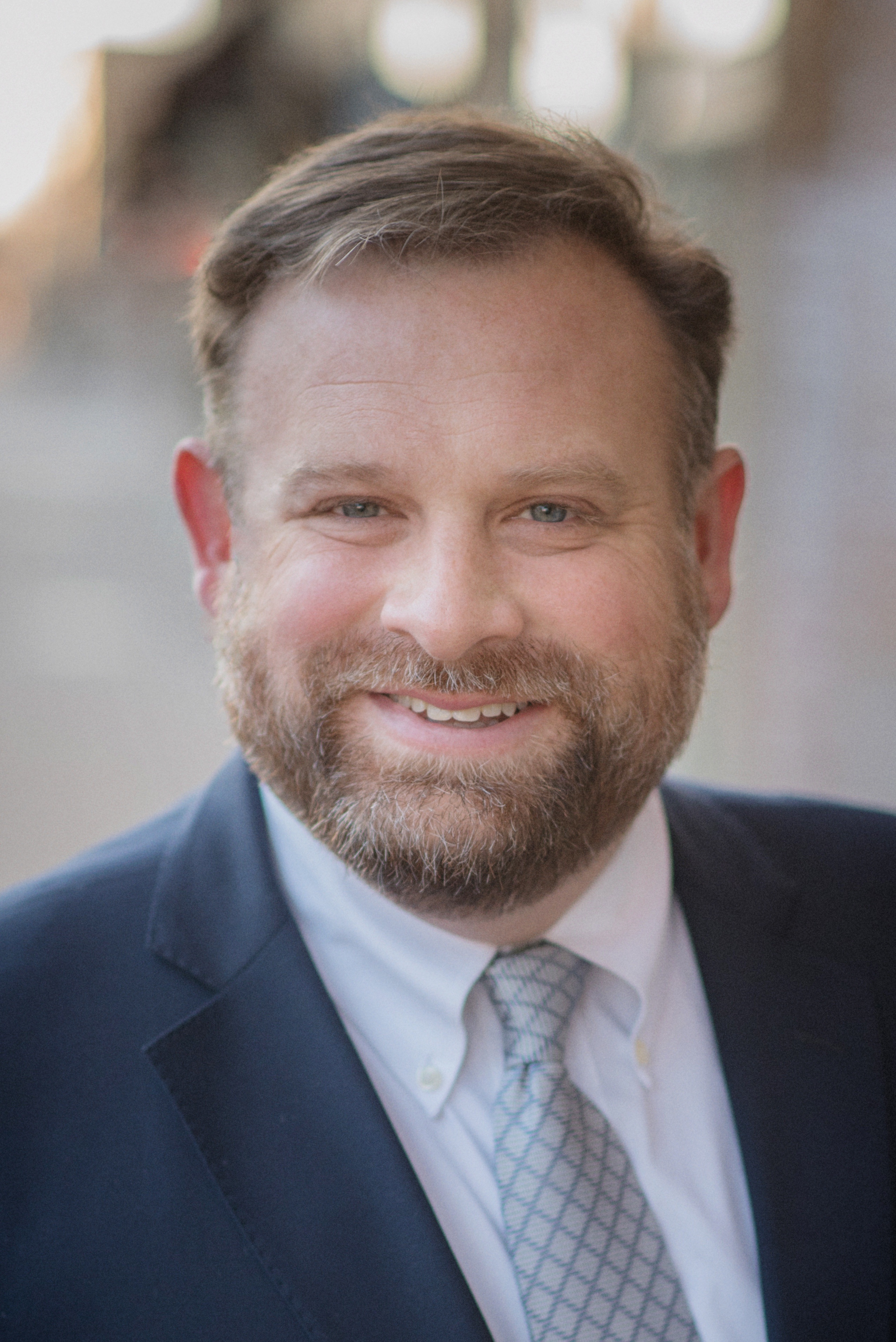
Cory Mason
Mayor, City of Racine
Cory Mason is a fifth-generation Racine resident who has spent more than 16 years representing the residents and businesses of his hometown, first as a member of the Wisconsin State Legislature, and now as Mayor. He earned his Bachelor of Arts degree in Philosophy from the University of Wisconsin-Madison.
In 2017 he won a special election to serve as Racine’s 61st Mayor. After serving for one year in this post and spurring the City’s first major economic development in nearly 25 years, he ran unopposed for a full term. Mayor Mason is focused on rebuilding the middle class as well as leveraging technology and public-private partnerships to fuel economic growth and advance livability, equity, workability, and sustainability.
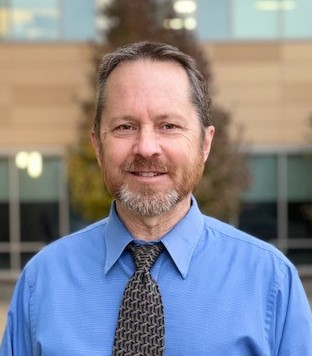
Brad Basten
Strategic Initiatives Officer, Division of Budget and Strategic Initiatives (DBSI), WisDOT
Brad Basten’s background is in electrical and mechanical engineering, and has 25 years’ experience in manufacturing engineering, process improvement and business consulting in various industries. Brad joined WisDOT in 2013 and has worked as the Economic Development Officer, a Program Manager for Local Roads, and managed the Governor’s Steering Committee on Connected and Autonomous Vehicles. Brad has also worked as a business process consultant assisting companies and colleges with Lean and Continuous Improvement training and projects around the state. He is a former County Supervisor in Columbia County and has volunteered time on city planning and utility commissions for the City of Columbus. Brad is the lead for the CAV efforts in WisDOT’s Division of Budget and Strategic Initiatives. He holds a bachelor’s degree in Mechanical Engineering from Marquette University.
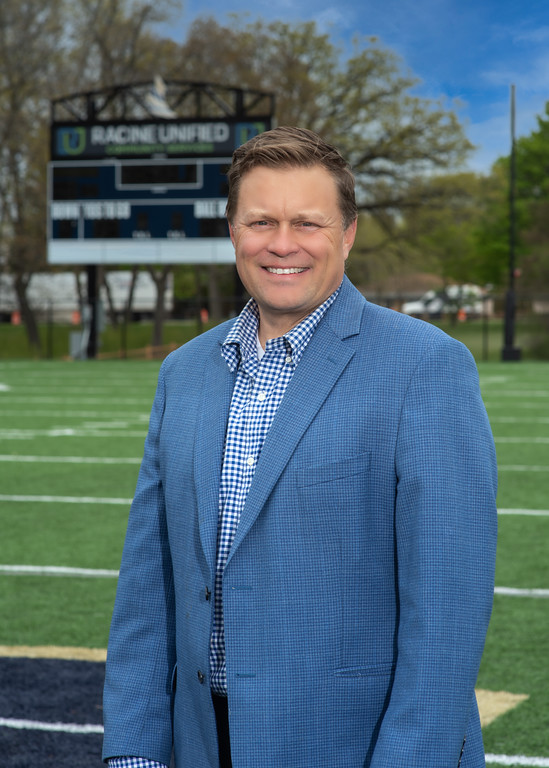
Jonathan Delagrave
Racine County Executive
Jonathan Delagrave was elected County Executive of Racine County in April 2015 and re-elected in April 2019. He was born and raised in Racine County and has lived in the Racine area his entire life. After graduating from Case High School, Jonathan earned his bachelor’s degree from the University of Wisconsin-La Crosse and earned his master’s degree in public administration from the University of Wisconsin-Milwaukee.
Jonathan began his career with the Racine County government in 2003 and has held several positions in the Human Services Department, culminating in his appointment as Director in 2010.
As County Executive, his priorities are attracting economic development, developing our workforce, and expanding mental health services. Delagrave continues to forge partnerships between the state and local municipalities, the Racine County Economic Development Corporation, schools, technical colleges and universities, and private enterprises to ensure the success of the region for generations to come. His vision is embodied in the Racine County Mission Statement: Racine County cultivates innovative, sustainable, and valued opportunities for community and economic growth.
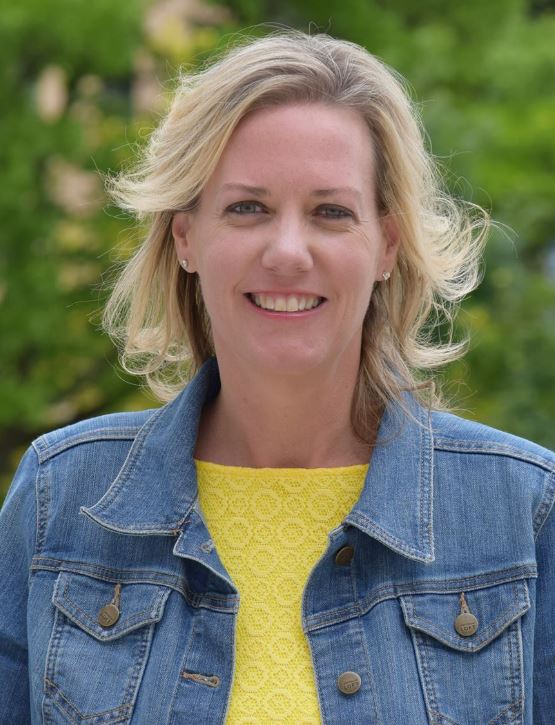
Samantha Kerkman
Kenosha County Executive
Samantha Kerkman is a Kenosha County native who has dedicated her entire career to public service. After working as a staff member for state Representative Cloyd Porter, she was elected to the state Assembly upon Porter’s retirement in 2000. During her more than two decades as a representative, she co-chaired the Joint Legislative Audit Committee and served as chair of the Assembly Ways and Means Committee. In April 2022, Kerkman was elected as Kenosha County Executive, becoming the first woman to serve in the position.
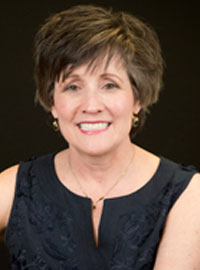
Debbie Ford
Chancellor UW-Parkside
Since her arrival on campus in 2009 as the sixth chancellor of the University of Wisconsin-Parkside, Dr. Debbie Ford has emphasized the hallmarks of the University: Student Success, Academic Excellence, Diversity and Inclusion, and Community Engagement. Dr. Ford has led the campus community in the integration of planning with the development of a Strategic Framework 2025, Strategic Enrollment Management Plan, Academic Plan, Master Plan, and Technology Roadmap. Dr. Ford’s focus is leading the campus towards its bold goal of increasing the number of graduates by 50% by 2025.
In addition to her responsibilities leading one of the most vibrant and diverse learning communities in the UW System, Dr. Ford serves as a board member for community and economic-development organizations throughout southeastern Wisconsin, including Kenosha Area Business Alliance, Racine County Workforce Development Board, the Milwaukee 7, and the Froedtert Health Board of Directors. Nationally, Dr. Ford is a member of the Council for Adult and Experiential Learning (CAEL) Board, serves as a mentor for Women Leaders in College Sports and AASCU, and completed service as a member of the NCAA Division II Presidents Council. In June 2014, Dr. Ford was recognized by the Network for Change and Continuous Innovation (NCCI) as one of three recipients of the inaugural Leaders of Change award and in May 2015, the Milwaukee Business Journal honored Dr. Ford as one of its Women of Influence Awards.
Prior to joining the learning community at UW-Parkside, Dr. Ford served as Vice President for Student Affairs at the University of West Florida, and Vice President for Student Affairs and Dean of Students at Spalding University (Kentucky). Dr. Ford holds her B.S. from the University of Louisville, her Master of Education from Indiana University, and her Doctor of Education from the University of Louisville.
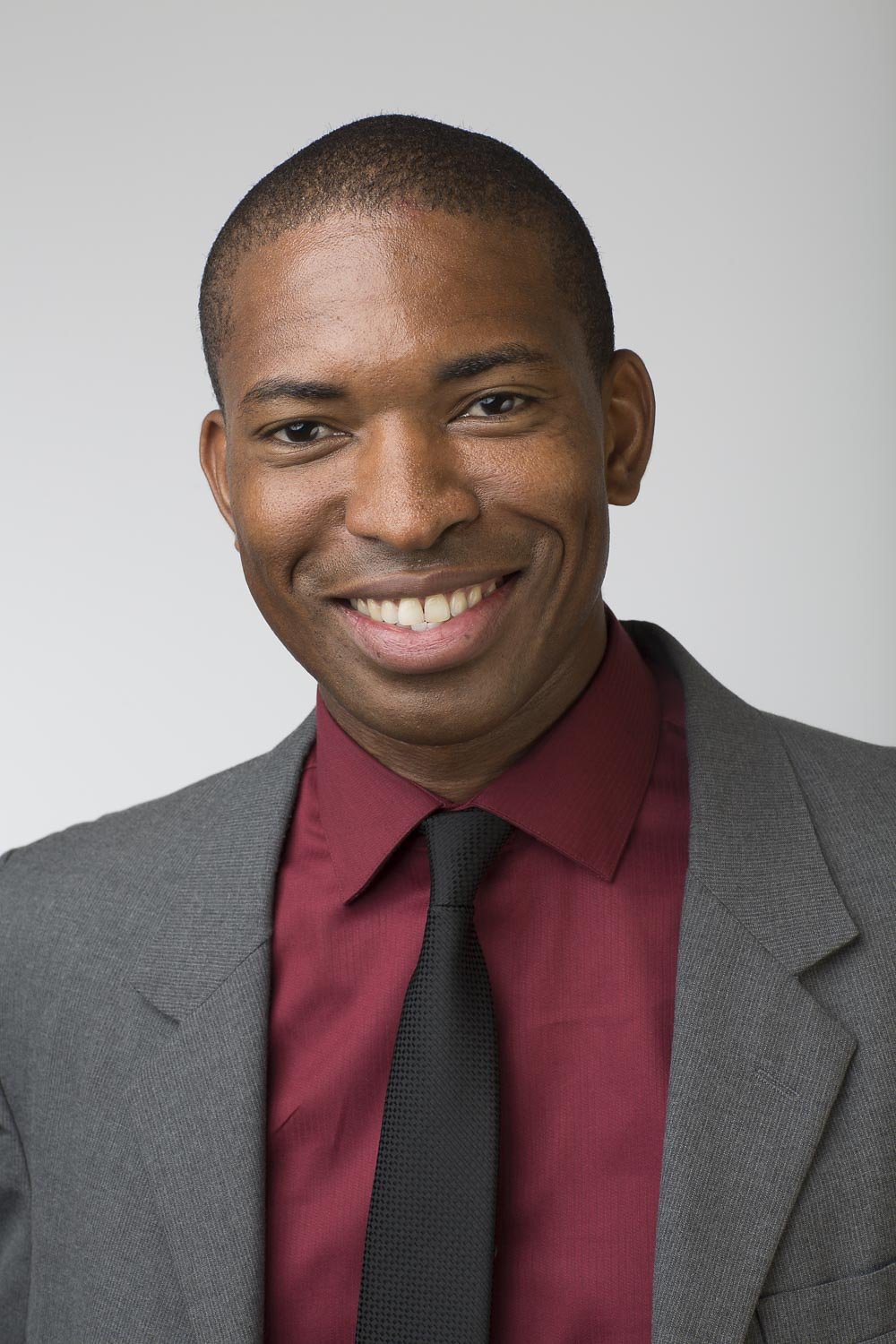
Francisco Sayu
Emerging Technology Director, Renew Wisconsin
Francisco supports the Beneficial Electrification of buildings and transportation at RENEW. He earned a Master of Engineering at the University of Wisconsin-Madison and has a decade of engineering experience in energy efficiency and renewable energy. He serves in the Wisconsin Advisory Council on Building Sustainability and on several nonprofit boards. Before Joining RENEW, Francisco served as the Program Manager for the Focus on Energy® New Construction Solution. Francisco lives in Madison with his wife Rebecca and their children.

Kaleb Vander Wiele
NEVI Program Manager WisDOT
Kaleb Vander Wiele is from WisDOT’s Division of Budget and Strategic Initiatives and is WisDOT’s Transportation Electrification Project Manager. Kaleb has served in a variety of roles at WisDOT that have allowed him to focus on regulatory issues and policy development. In his current role in the Division of Budget and Strategic Initiatives, he has been tasked with leading WisDOT’s effort in preparing for the National Electric Vehicle Infrastructure Program.
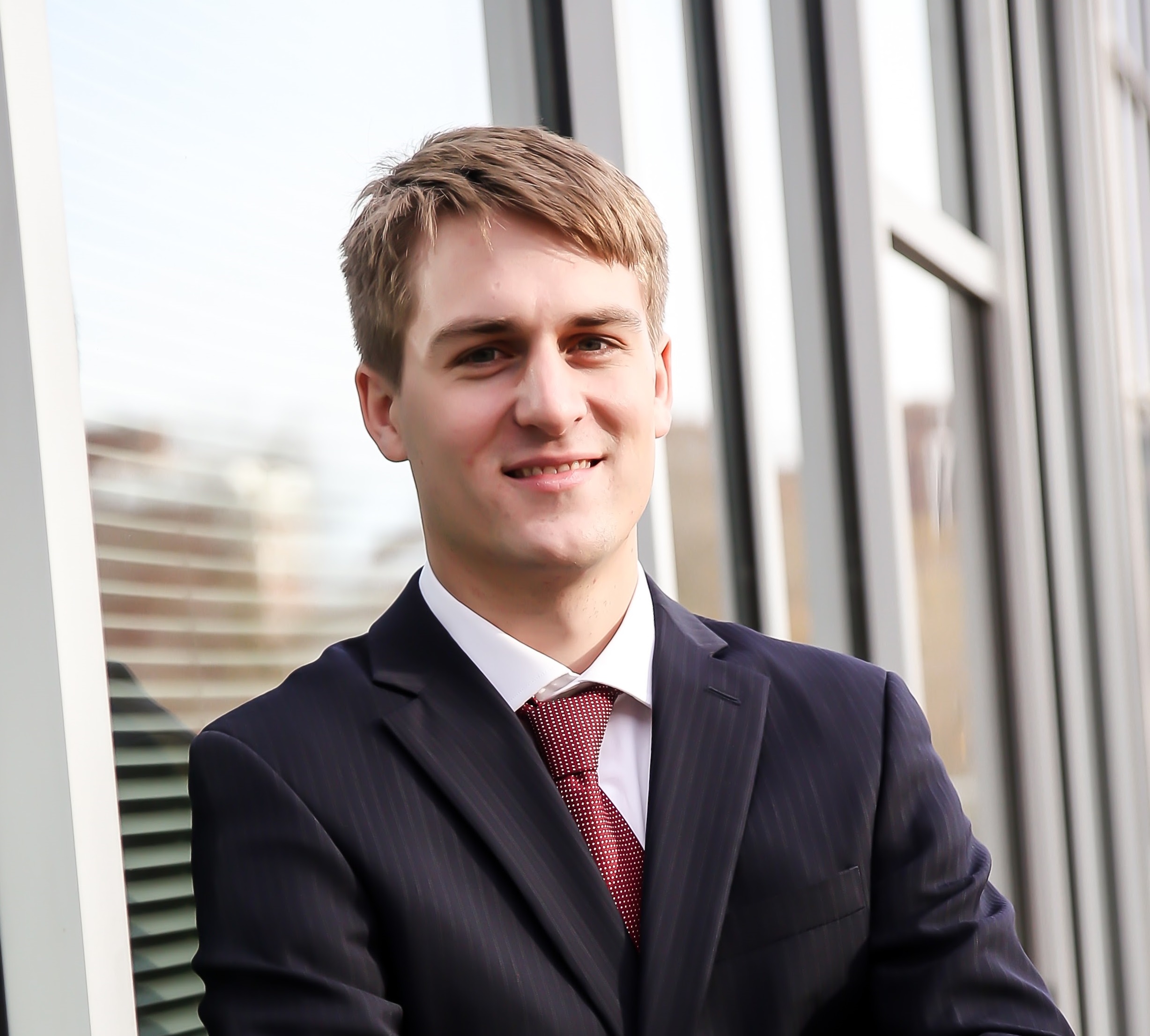
Tryel Zich
Manager of Pricing and Planning, Xcel Energy
Tyrel Zich is the Manager of Pricing and Planning at Xcel Energy. His work focuses on utility electric and natural gas pricing, regulatory policy, and customer programs in Xcel Energy’s Wisconsin and Michigan jurisdictions including customer renewable programs, distributed energy resources, and electric vehicles. Tyrel holds a Bachelor of Arts degree in Political Science from the University of Wisconsin-Eau Claire and a Master of Public Affairs from the University of Wisconsin-Madison.
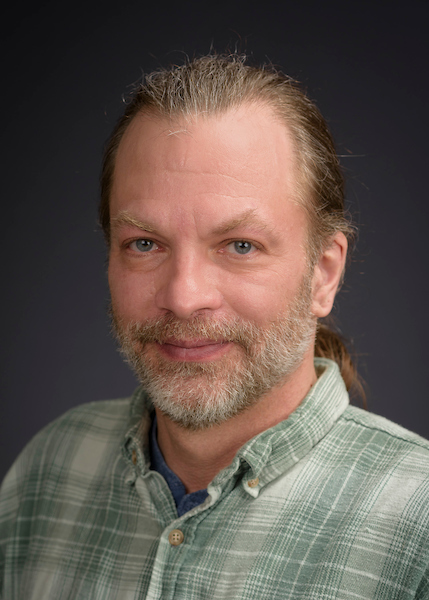
John Ward
GIS Factory Director, Associate Professor, and Department Chair, UW-Parkside Geography & Anthropology Department
John Ward is originally from West Virginia and Maryland and has also lived in Alabama, Georgia, Ohio, Washington State, Arkansas, and Wisconsin. He received a BS in Anthropology and an MS in (Cultural and Environmental) Resource Management from Central Washington University. He received his Ph.D. in Environmental Dynamics from the University of Arkansas, and serves as Director of GIS in the College of Social Sciences and Professional Studies at UW-Parkside.
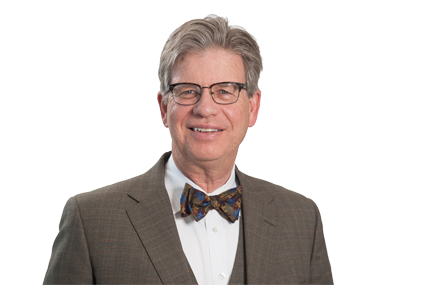
Arthur Harrington
Godfrey & Kahn, S.C.
Art Harrington is a shareholder in Godfrey & Kahn’s Environmental and Energy Strategies Practice Groups. He has more than twenty-five years of experience in environmental and energy legal matters. He is well-versed in all major state and federal environmental and energy programs and has authored numerous articles on environmental and energy law and has spoken at more than 70 seminars on environmental and energy topics. Art serves as an adjunct professor at Marquette University Law and Engineering Schools where he teaches renewable energy law courses. He also serves on the Board of Directors for WIACES, which promotes policies that support electric and autonomous vehicles. He received his JD and Bachelor of Arts from the University of Wisconsin-Madison.
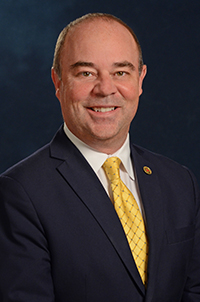
Craig Thompson
Secretary, Wisconsin Department of Transportation
In January 2019, Governor Tony Evers appointed Craig Thompson to serve as Secretary of the Wisconsin Department of Transportation (WisDOT). WisDOT is one of the largest state agencies, with more than 3,200 employees and a biennial budget of more than $6 billion. The department supports all modes of transportation, including state highways, local roads, railroads, public transit systems, airports, and harbors. In addition, the department includes the Division of Motor Vehicles, which serves about 50,000 customers each week, and the Division of State Patrol which enforces laws and assists motorists throughout the state.
Previously Craig was the executive director of the Transportation Development Association (TDA) of Wisconsin. He has more than 25 years of experience working with Wisconsin businesses, communities, legislators, and units of government. Prior to leading TDA, he served as the legislative director for the Wisconsin Counties Association, managing legislative initiatives at the state and federal levels.
Craig is a native of Racine and a graduate of the University of Wisconsin-Madison. He lives in Madison with his wife. They have a daughter and a son.
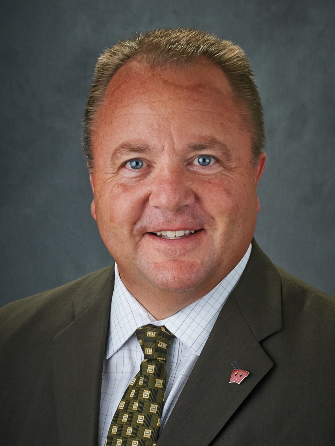
David Noyce
Executive Associate Dean, University of Wisconsin-Madison
Scott Manley joined WMC in 2005 after serving more than ten years as a policy advisor in the Wisconsin State Senate, where he focused his policy work in the areas of the environment, natural resources, taxation, and the judiciary. While serving as Chief of Staff to Senator Cathy Stepp, Manley assisted in WMC’s effort to draft and negotiate the Job Creation Act (Act 118).
Scott serves as chief lobbyist for WMC and oversees the government relations program by directing a team of lobbyists and policy experts. Together they work with legislators and state agency officials to advance WMC’s agenda to make Wisconsin the most competitive state in the nation for jobs and business. He also manages WMC’s issue advocacy program, as well as the Association’s political action efforts. Manley previously represented WMC on environmental and energy policies.
Manley currently serves as Vice President of the Wisconsin Civil Justice Council, which promotes fairness and transparency in Wisconsin’s legal system through policy advocacy. He also serves as Vice Chairman of the Great Lakes Legal Foundation, an organization that seeks to advance economic growth by holding government regulators accountable to the law. He was also appointed by Governor Scott Walker’s Administration to represent business perspectives on the Wisconsin Unemployment Insurance Advisory Council.
Scott graduated with a Bachelor of Science degree in Political Science from the University of Wisconsin-Madison.
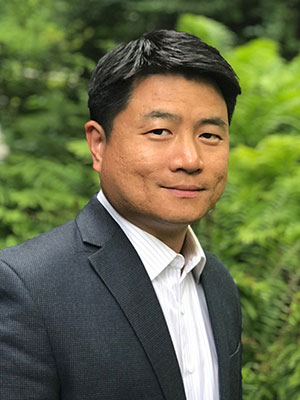
Yang Tao
City Traffic Engineer and Agency Head, City of Madison Traffic Engineering Division
Yang Tao, Ph.D., PE is the City Traffic Engineer and the agency head of the City of Madison’s Traffic Engineering Division, which has over 140 employees and is responsible for the City’s pedestrian, bicycle, and motor vehicle transportation systems. Yang has also been overseeing Madison’s Smart Cities and Vision Zero Initiatives and has been working with various City agencies, universities, and a consortium of other public and private entities in envisioning and building a next-generation people and data-centered, safe, efficient, equitable, and climate-friendly transportation system for Madison. He obtained his Ph.D. degree in Civil Engineering from the University of Wisconsin-Madison with a minor degree in Business. Yang has also played leadership roles in the transportation profession both locally and nationally and served on many national committees on Bicycle Transportation, Intelligent Transportation Systems, Transportation Systems Management and Operations, Smart Communities, and Automated Transportation. Yang was named the 2018 Transportation Professional of the Year by the Institute of Transportation Engineers Midwestern District.
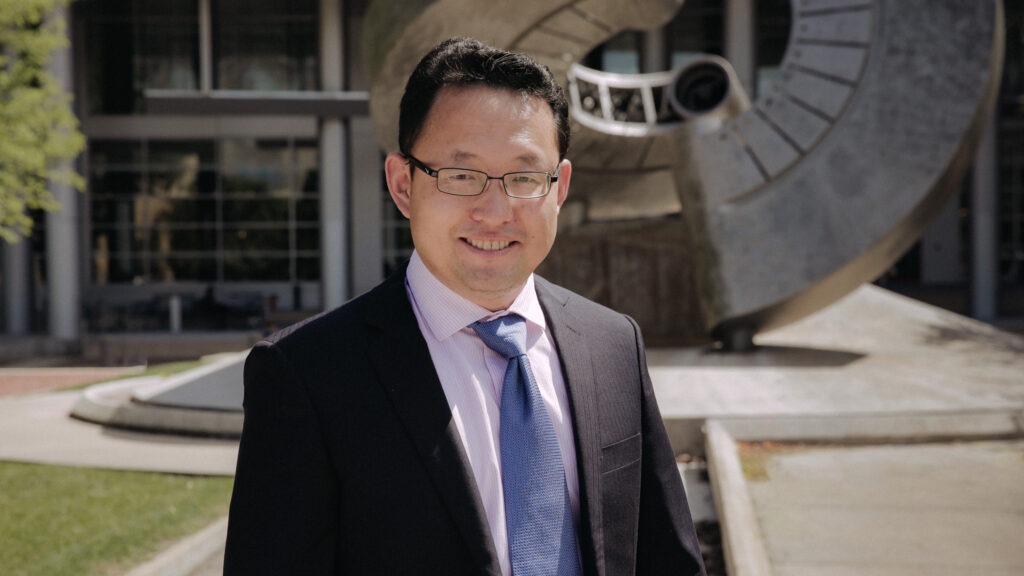
Xiaopeng Li Associate Professor of Civil and Environmental Engineering, UW-Madison
Xiaopeng (Shaw) Li is an associate professor of Civil and Environmental Engineering at UW-Madison. Li’s research focuses on emerging technologies within the connected and automated vehicle space. He’s especially interested in understanding and influencing how new connected vehicle technology develops as the era of the smart car begins. Prior to joining UW-Madison, Li was an associate professor of civil and environmental engineering at the University of South Florida and director of the Connected and Autonomous Transportation Systems Laboratory. He’s also served as the director of the National Institute for Congestion Reduction, a multi-institution collaboration headed at USF and one of seven National University Transportation Centers. Li is currently involved in several research projects: a multimillion-dollar project funded by the U.S. Department of Energy, focuses on low-cost technologies for connected and automated vehicles; a National Science Foundation-funded project looking at creating more physically connected platooning—when vehicles travel close together in a “train”—for connected and automated vehicles; and another NSF collaboration with the Federal Highway Administration to help develop CARMA, which is the administration’s system for enabling connected vehicles to cooperate with each other and with roadside infrastructure.
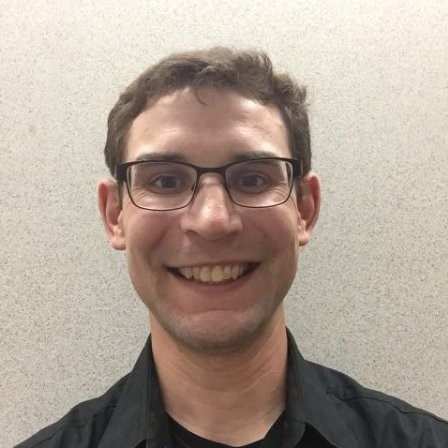
Ian RitzChief of the Transit Section, Wisconsin Department of Transportation
Ian Ritz is currently the Chief of the Transit Section at the Wisconsin Department of Transportation where he has worked since 2010. He is passionate about public and specialized transportation because it provides important mobility options for people to commute to work, attend school, make medical appointments, and participate in other essential daily activities.

Kenny French
Associate Professor of Geography, UW-Parkside
Dr. Kenneth French is an Associate Professor in the Department of Geography and Anthropology at the University of Wisconsin-Parkside. As an Urban Geographer, his research interests pertain to transportation networks, ethnic residential segregation, ethnic enclaves, electoral geography, and the geography of rap music. His wide varety of classes taught include Geography of Transportation and Land-Use Planning.
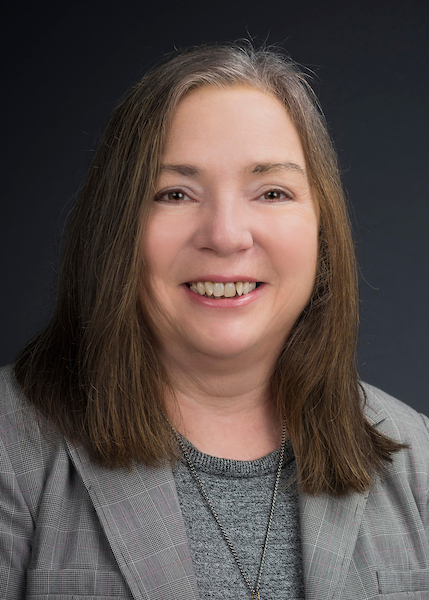
Peggy James
Interim Director for Center for Research Innovation and Smart Cities
Peggy James is Dean of the College of Social Sciences and Professional Studies (CSSPS) and Interim Director of the Center for Research in Innovation and Smart Cities at the University of Wisconsin-Parkside. She holds a Ph.D. in Political Science (UW-Milwaukee)) and is a Professor in the Department of Politics Philosophy and Law. Following her white paper on “Challenges and Opportunities of Smart Cities and Smart Factories: Foxconn investment in Southeastern Wisconsin.”, she has been actively publishing on innovation and smart cities; the most recent article “ Civic Technology: A Chutes and Ladders Analysis of Transformative Potential” in the Journal of Smart Cities and Society.
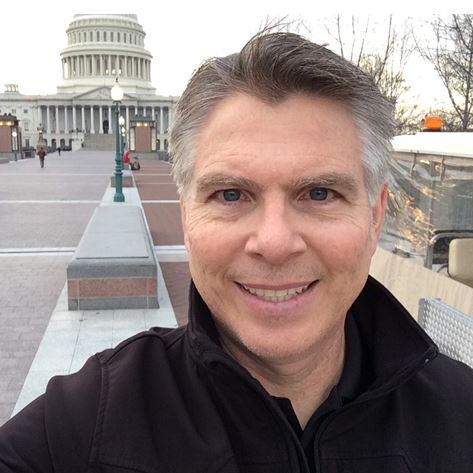
Ray Mandli
Chair of Wisconsin ACES and CEO Mandli Communication
For almost 40 years, Ray has been pushing the envelope in the visualization of ideas and knowledge through the thorough collection and reduction of real world data, especially where infrastructure is the subject matter. Mandli’s Team has provided technology and services to state and municipal departments of transportation in all 50 states. Today these solutions fuel the understanding needed to maintain current infrastructure as well as prepare these agencies for the potential of future autonomous, connected, electric, and shared mobility for everyone.
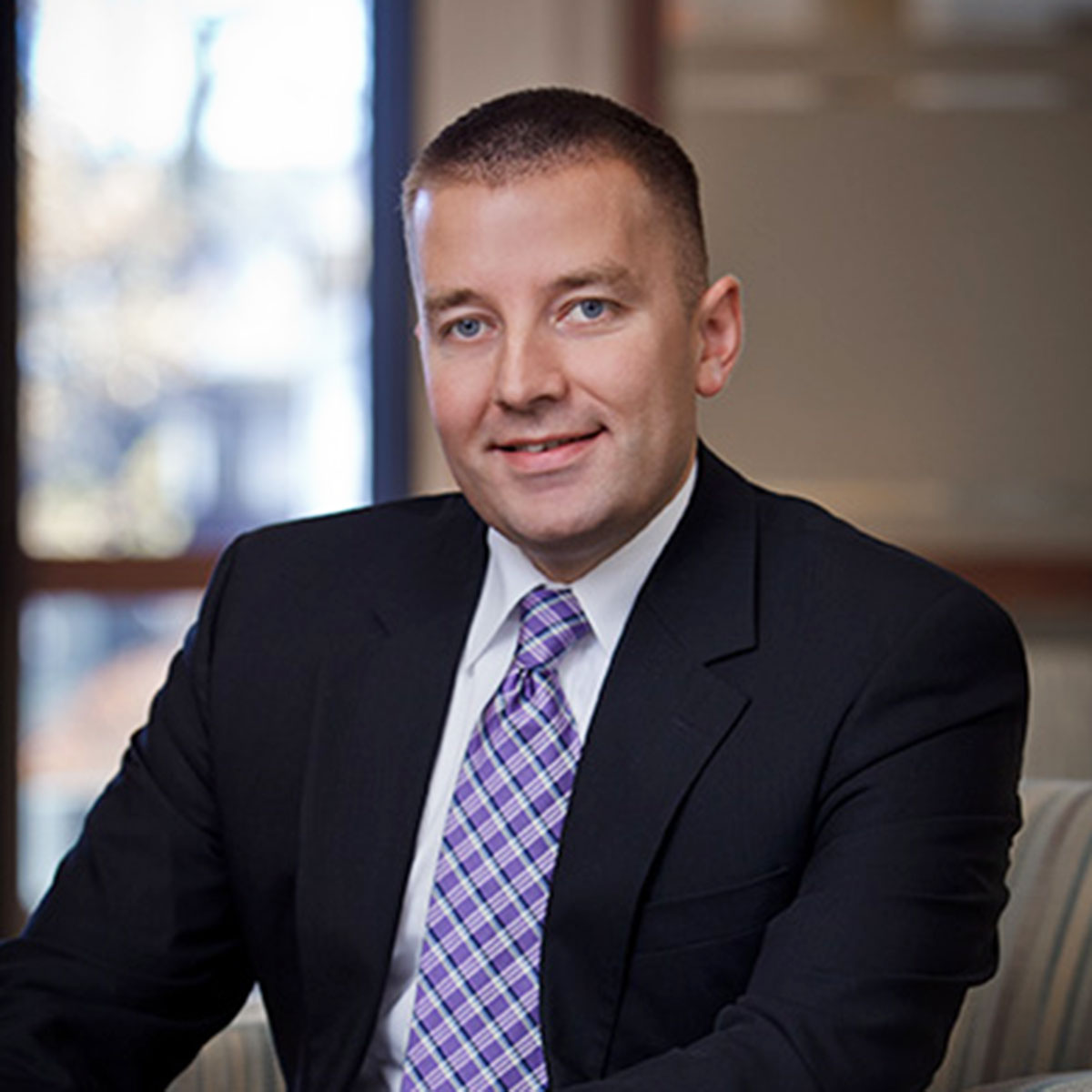
Scott Manley
Executive Vice President, Government Relations, Wisconsin Manufacturers & Commerce
Scott Manley joined WMC in 2005 after serving more than ten years as a policy advisor in the Wisconsin State Senate, where he focused his policy work in the areas of environment, natural resources, taxation and the judiciary. While serving as Chief of Staff to Senator Cathy Stepp, Manley assisted in WMC’s effort to draft and negotiate the Job Creation Act (Act 118).
Scott serves as chief lobbyist for WMC, and oversees the government relations program by directing a team of lobbyists and policy experts. Together they work with legislators and state agency officials to advance WMC’s agenda to make Wisconsin the most competitive state in the nation for jobs and business. He also manages WMC’s issue advocacy program, as well as the Association’s political action efforts. Manley previously represented WMC on environmental and energy policies.
Manley currently serves as Vice President of the Wisconsin Civil Justice Council, which promotes fairness and transparency in Wisconsin’s legal system through policy advocacy. He also serves as Vice Chairman of the Great Lakes Legal Foundation, an organization that seeks to advance economic growth by holding government regulators accountable to the law. He was also appointed by Governor Scott Walker’s Administration to represent business perspectives on the Wisconsin Unemployment Insurance Advisory Council.
Scott graduated with a Bachelor of Science degree in Political Science from the University of Wisconsin-Madison.
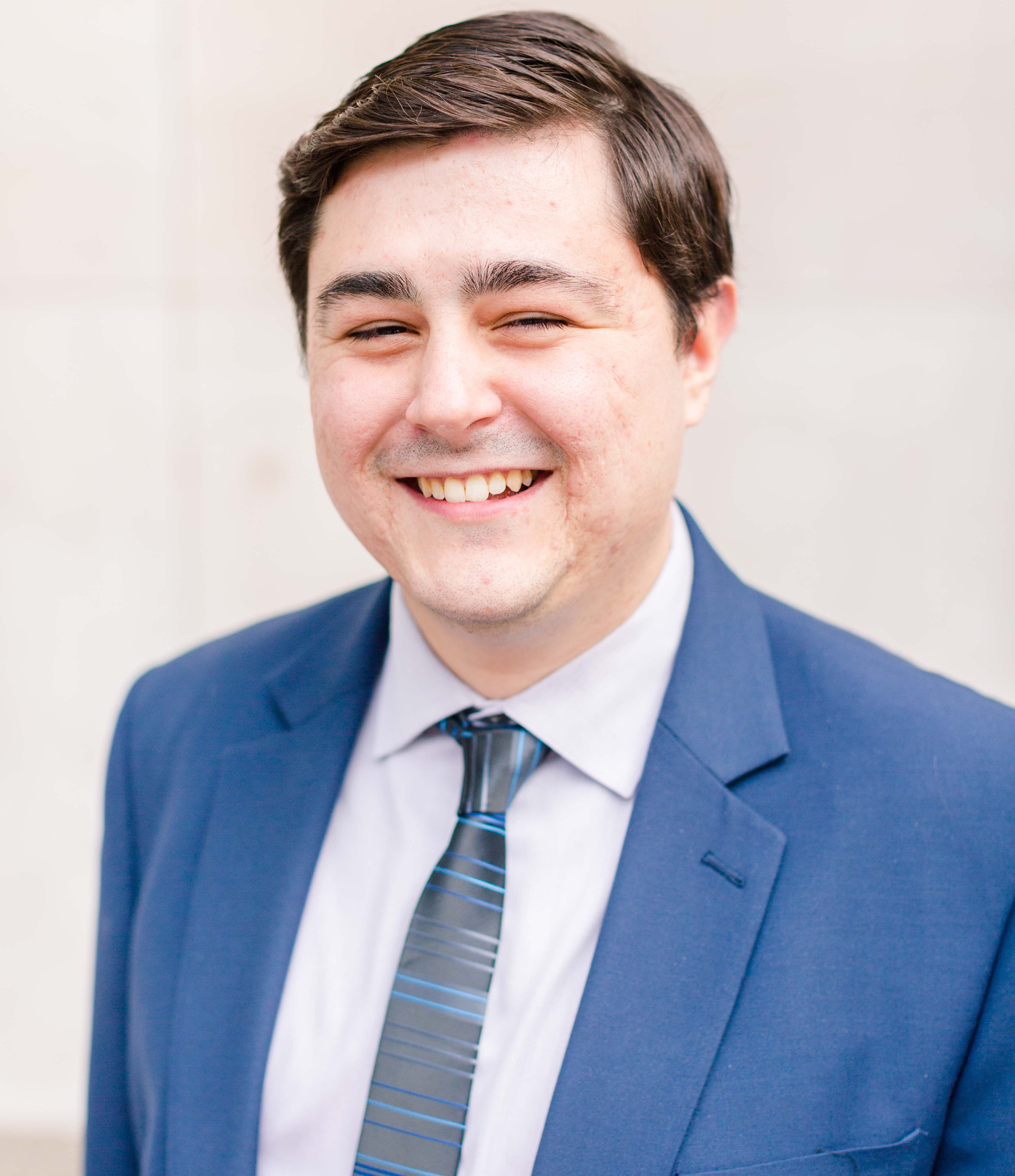
Cole Scandaglia
Senior Legislative Representative and Policy Advisor, International Brotherhood of Teamsters
Cole Scandaglia serves as Senior Legislative Representative and Policy Advisory for the International Brotherhood of Teamsters, representing the IBT before Congress and the Executive Branch on all matters related to transportation policy. Before joining the IBT, Cole spent seven years in a variety of roles at the Transportation Trades Department, AFL-CIO, an association consisting of 37 unions across all modes of transportation. He holds an M.P.P. and B.A. from American University.
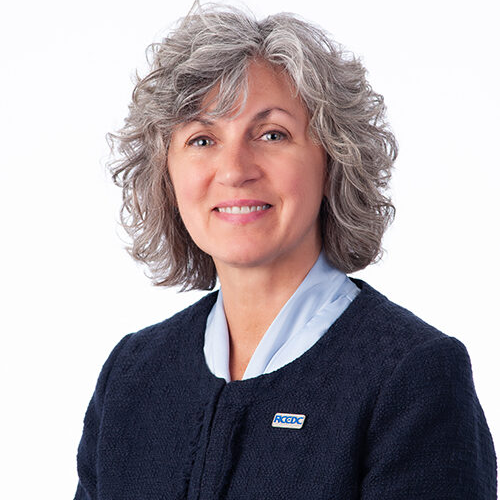
Jenny Trick
Racine County Economic Development Corporation
Information coming!